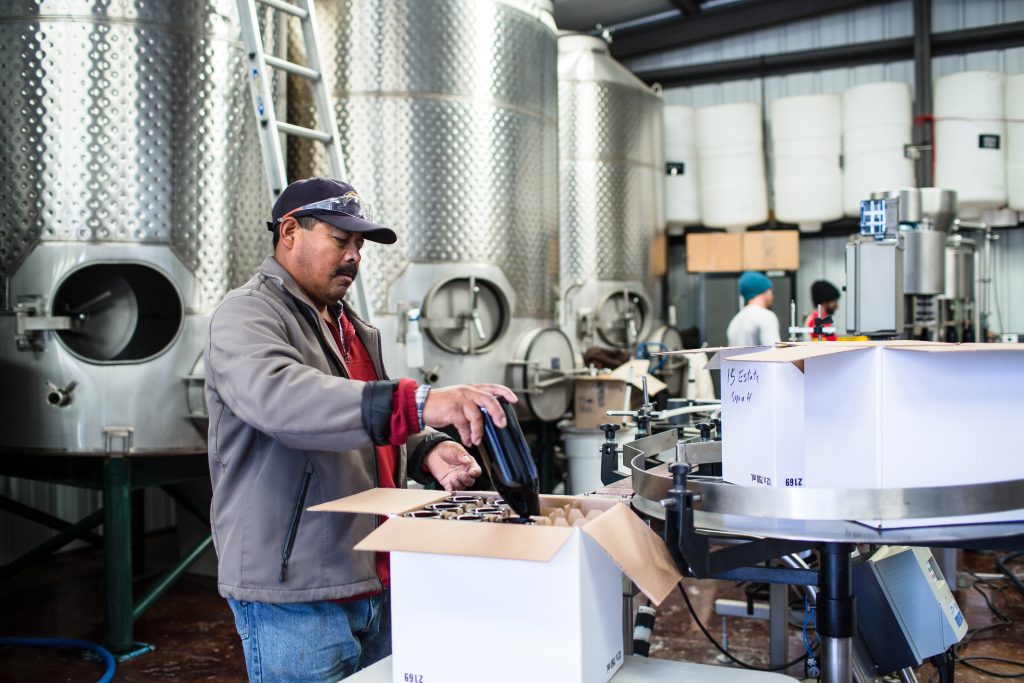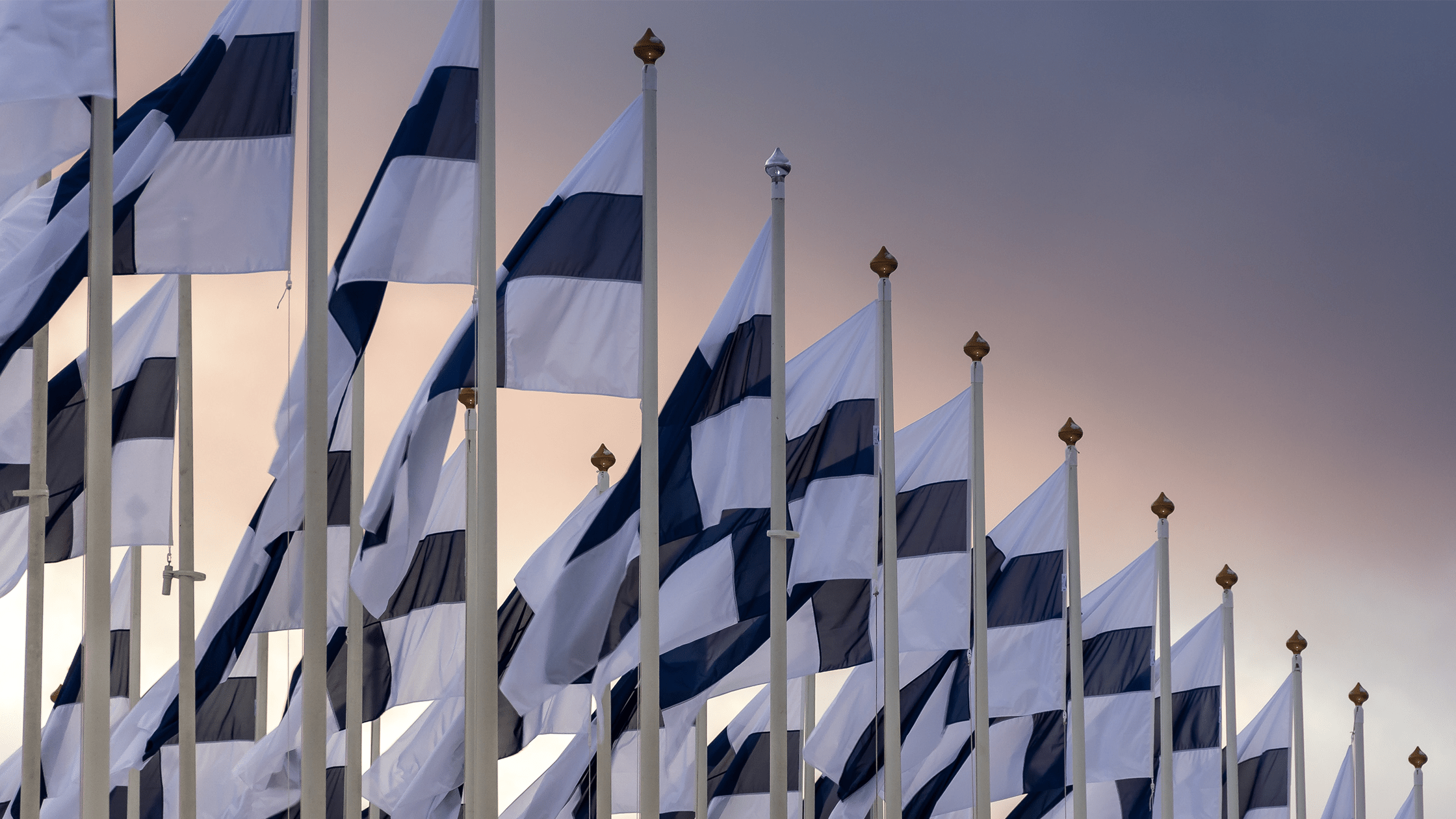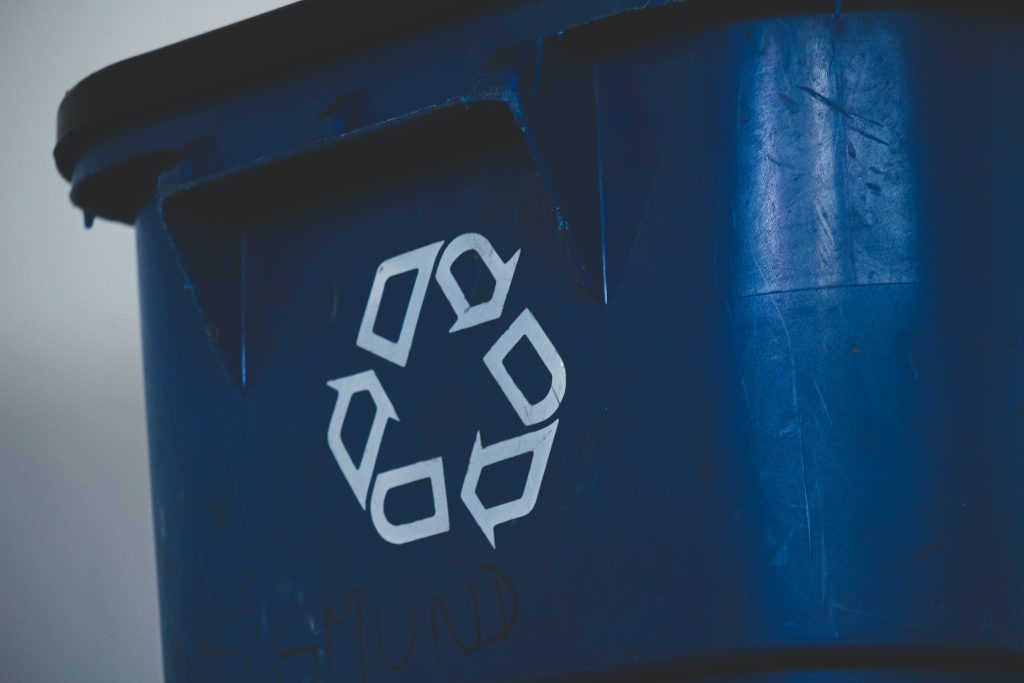EPR Finland: Extended Producer Responsibility (EPR) is a crucial environmental measure that holds manufacturers accountable for the disposal and recycling of their products at the end of their lifecycle. Finland is gearing up for a new regulation aimed at reducing the environmental impact of products and promoting a circular economy.
In Finland, significant changes are on the horizon regarding Extended Producer Responsibility (EPR). Until now, there has been a threshold exemption for companies with an annual turnover below 1 million euros, exempting them from EPR obligations. However, starting in 2024, this will change dramatically as EPR obligations are expanded.
Previously, small businesses with an annual turnover below 1 million euros could breathe a sigh of relief as they were exempt from EPR obligations. However, this will change in the coming year. Finland has decided to tighten EPR regulations and eliminate the exemption threshold. This means that all companies, regardless of their size or revenue, will be required to adhere to the extended producer responsibility regulations.
The expansion of EPR obligations will contribute to strengthening environmental protection in Finland and promoting sustainability throughout the product lifecycle. Therefore, businesses should prepare well in advance for these changes to ensure compliance with the new regulations.
The specific details and requirements of this extended EPR obligation in Finland should be carefully examined by businesses to ensure compliance with legal provisions and avoid potential penalties. Conscious environmental management will be of great importance for all companies in Finland in the future. We are here to assist if you are uncertain or have capacity constraints. Feel free to inquire for free:
Need help?
We understand how overwhelming such regulations can seem! But don’t worry, we are here to help. Feel free to inquire without any cost! Our team of experts will get back to you promptly!
These changes represent a significant step towards reducing the environmental impact of products in Finland and achieving the country’s environmental goals. Companies should proactively seek information and take necessary actions to ensure environmental protection and sustainability in their operations.
EPR Finland: Change in the Definition of "Manufacturer"
As previously described, changes are being made to the annual revenue threshold for companies with producer responsibility for packaging and to the definition of a manufacturer. The revenue threshold of one million euros for producer responsibility is being removed, meaning that an estimated 30,000 new companies will fall under producer responsibility. The definition of a manufacturer of service and agricultural packaging is being altered, shifting the reporting responsibility to manufacturers and importers of packaging.
Previously, producer responsibility for packaging applied to companies with a turnover exceeding one million euros. This situation will change at the beginning of 2024 when the turnover limit is lifted. Approximately 30,000 businesses that were previously exempt from producer responsibility obligations will now be required to bear the costs of recycling packaging for products they bring to market.

Also, in 2024, the definition of a manufacturer will change for service and agricultural packaging. Service packaging refers to packaging used at the point of sale for packaging food and other products. Shopping bags and takeout food packaging are examples of service packaging. Agricultural packaging refers to packaging intended for unprocessed agricultural or horticultural products sold outside the farm, such as a box for strawberries.
The Finnish manufacturer or importer of such packaging will be considered the manufacturer. With the new definition, reporting obligations will change for some businesses with producer responsibility. Producer responsibility obligations will become simpler for companies using service and agricultural packaging and more demanding for manufacturers and importers of these types of packaging. For example, the manufacturer or importer of service packaging – not the company that actually fills them – is considered the manufacturer. This means that the manufacturer or importer of a cup that contains coffee from a café or a paper bag for transporting a new pair of jeans is the manufacturer, not the company selling them, unless that company is also the manufacturer or importer.
The change in the definition of a manufacturer will make it easier for companies that only use service or agricultural packaging, such as small shops and restaurants. The change will also reduce the number of companies with producer responsibility obligations and thus decrease the administrative burden associated with the system.
Reform Aligned with European Practices
In Finland, producer responsibility for packaging was the only area of producer responsibility where companies with an annual turnover of less than one million euros were not required to pay recycling fees. There was no threshold for producer responsibility for items like tires or electrical and electronic waste. The removal of the revenue threshold will harmonize practices related to producer responsibility obligations in Finland. Packaging manufacturers will also be treated more equally, as each will pay for their share of packaging recycling. These changes are based on the 2022 reform of the Waste Act.
The revenue threshold for producer responsibility is not widely used in other European countries, and there is no justification for it in EU legislation.
Eco-Modulation, or Eco-Fee Modulation
What is Eco-Modulation?
Eco-modulation means that recycling fees for packaging in Finland have been calculated based on their recyclability since the beginning of 2023. In 2023, these recycling fees were adjusted in line with eco-modulation. This means that fees for easily recyclable materials are lower than for those that are harder to recycle. For example, fees for monomaterial plastic packaging, containing only one type of plastic, are lower than for packaging with various plastic types.
Producers are rewarded accordingly for making their packaging easier to recycle. We find this to be a very sensible approach.
Why Eco-Modulation?
The requirement for eco-modulation arises from EU legislation and has been incorporated into the Finnish Waste Act. According to this law, recycling fees for packaging must be based on characteristics such as recyclability, reusability, and durability.
The goal of eco-modulation is to encourage companies to bring easily recyclable packaging to the market, thereby contributing to achieving the recycling targets for packaging waste. In 2020, Finland recycled 61% of packaging waste, while the target for 2025 is 65%, and for 2035, it is 70%.
Finland Eco-Modulation Fees: Schedule for Implementation
Finland introduced eco-modulation categories for packaging waste based on recyclability in early 2023 when data for 2022 was provided.
New eco-modulation categories for metal and paper fiber will be introduced in 2024. The eco-modulation categories for plastic and glass remain unchanged compared to the previous year. Price lists for producer associations and eco-modulation categories for 2024 will be published on the Rinki website in October 2023.
There was no need to change recycling fees for wooden packaging in accordance with the requirements of eco-modulation, as fees for easily recyclable wooden packaging were already lower than for other types of wooden packaging. Examples of wooden packaging with lower fees include standard wooden pallets and cable drums.
Eco-Modulation for Companies with Producer Responsibility
Eco-modulated recycling fees make it more cost-effective for companies to use packaging that is easier to recycle. The primary goal of the eco-modulation concept is to bring easily recyclable packaging to the market, thereby contributing to achieving recycling targets for packaging waste.
Companies using metal and paper fiber packaging should prepare to report their packaging data for 2023 according to the new eco-modulation categories in 2024. Plastic and glass packaging will also be reported in 2024 based on this year’s eco-modulation categories.
Conclusion
Are the Finns being unreasonable? Quite the opposite! The changes in Extended Producer Responsibility align with EU regulations and serve not only to meet those regulations but also to achieve more effective recycling with fair distribution of costs throughout the process. Of course, this may result in significant administrative burden, and both the local corner store and the entire e-commerce sector will need to adapt. Yes, the rules are numerous and sometimes challenging to decipher, but worry not, as this is our daily business. If you have questions, simply inquire for free.
Need help?
We understand how overwhelming such regulations can seem! But don’t worry, we are here to help. Feel free to inquire without any cost! Our team of experts will get back to you promptly!
Here are more interesting articles for you:
German packaging law: Cheap packaging license 2024 for e-commerce
LUCID Packaging Register: Background and Guide

